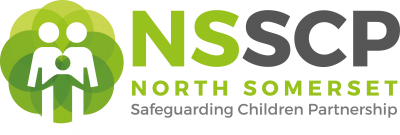Computers and mobile phones help us all to share things, talk to our friends and meet new people. But they can also make it easier for people who might want to hurt you to get close to you.
Some things to remember
- keep personal information, like mobile numbers and addresses, to yourself
- not all people you meet online are real or honest
- if you publish a picture or video, anyone can change or share it
- remember you can block people you don’t know in chat and Instant Messenger
- if something or someone makes you uncomfortable online, tell an adult you trust like a parent or teacher
